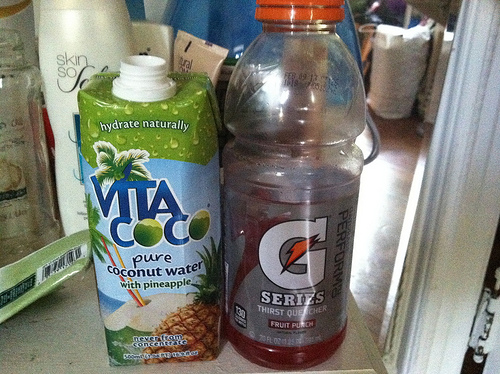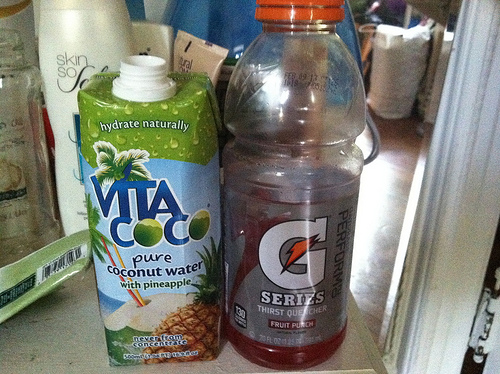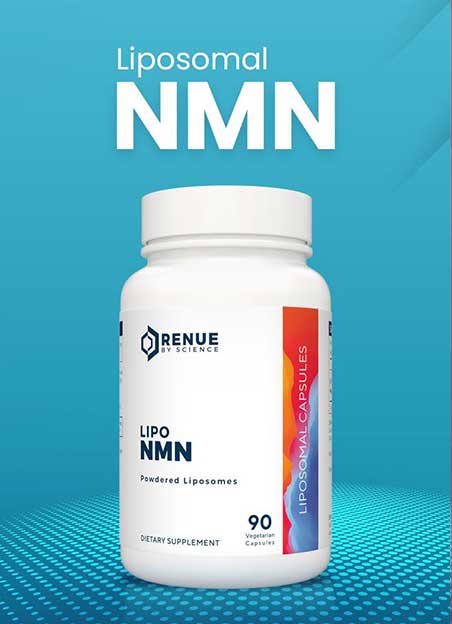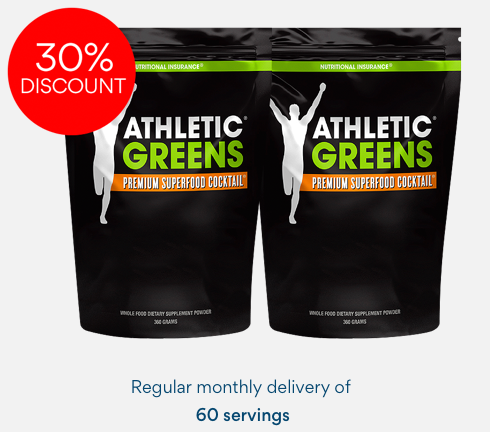

Coconut water is having a moment. It’s showing up in gym bags, on grocery shelves, and across social media, usually described as a “miracle drink” pulled straight from nature. If you believe the marketing, it can boost circulation, fire up your metabolism, fight infections, and flush toxins from your system—all while keeping you perfectly hydrated.
It sounds impressive. But what’s fact, what’s fiction, and how does it actually compare to a drink like Gatorade, which was built with athletes in mind?
Let’s sort through the noise.
What Coconut Water Really Is—and Isn’t
Coconut water is the clear, slightly sweet liquid found inside young green coconuts. It’s not to be confused with coconut milk, which comes from mature coconut meat and is thick, fatty, and used in cooking. Coconut water is about 95% water, low in calories (around 50–60 per serving), and completely free of fat and cholesterol.
What gives it its reputation are the naturally occurring electrolytes—potassium, sodium, magnesium, calcium, and phosphorus. That’s why it’s often called “nature’s sports drink.” It’s isotonic, which means it shares a similar electrolyte concentration to human blood. During World War II, medics reportedly used coconut water in emergencies as a stand-in for IV fluids when plasma wasn’t available. That part’s true, and it’s one of the reasons people still associate it with powerful rehydration.
But just because something worked in a pinch doesn’t mean it’s the best option on the shelf today.
Hydration Needs After Exercise: What the Science Says
If you’ve been through a sweaty workout, you’ve probably reached for something to replace what your body just lost. Coconut water companies claim they’ve got the perfect answer—but that depends on the kind of exercise you’re doing.
For everyday movement—light cardio, a yoga session, or a quick jog—coconut water does the trick. It replenishes fluids and gives you a solid dose of potassium—around 569 mg per serving. But here’s where things shift. If you’re doing anything that makes you pour sweat—long-distance running, interval training, or working outside in the heat—your body’s not just losing water. It’s losing sodium, and lots of it.
That’s where coconut water starts to fall short. It only contains about 160 mg of sodium per serving. Gatorade, on the other hand, has closer to 192 mg, along with carbohydrates and a bit of protein—key ingredients your muscles use to recover quickly. Gatorade was engineered for this exact purpose, and while it’s not perfect, it was designed with rehydration science in mind. Coconut water wasn’t.
The Price of Health: Is It Worth the Cost?
Then there’s the cost. Coconut water averages around 62 cents an ounce. Gatorade? About 24 cents. That’s more than double the price, and for what you’re getting, it’s not a clear win for coconut water—especially if you’re reaching for it regularly.
The health halo surrounding coconut water drives demand, but it doesn’t change the numbers. If you’re trying to hydrate after intense exercise, you’re paying more for a product that gives you less of what your body actually needs in that moment.
This doesn’t mean coconut water has no place in your diet. It just may be better as a refreshing drink on a hot afternoon than a recovery essential.
Imported Coconuts and a Hidden Concern
Another point that doesn’t get much airtime: those young Thai coconuts many people love to crack open at home? They don’t arrive on U.S. shelves fresh from the tree. To survive long transit times, many are treated with harsh chemicals, including formaldehyde, to prevent mold and keep the flesh looking white.
That treatment doesn’t just sit on the shell. It can leach into the water and meat inside. If you’re ordering whole green coconuts from overseas, especially from Thailand, it’s worth asking questions. Contact the supplier, do a little homework, and don’t assume “natural” means untreated.
Should You Ditch It Altogether? Not Quite
Coconut water isn’t a scam. It’s just often misunderstood. It’s naturally hydrating, rich in potassium, and a solid low-calorie beverage with more nutritional value than soda or artificially sweetened sports drinks. It’s part of everyday life in regions where coconuts grow freely—people in the Caribbean, Southeast Asia, and the Pacific Islands have been drinking it straight from the shell for generations.
The problem arises when it’s pushed as a cure-all or superior alternative to products designed for specific situations—like recovery after a long workout. It’s the same pattern we’ve seen with other “superfoods” like acai berries or Garcinia Cambogia: some benefits, yes—but often inflated by marketing.






